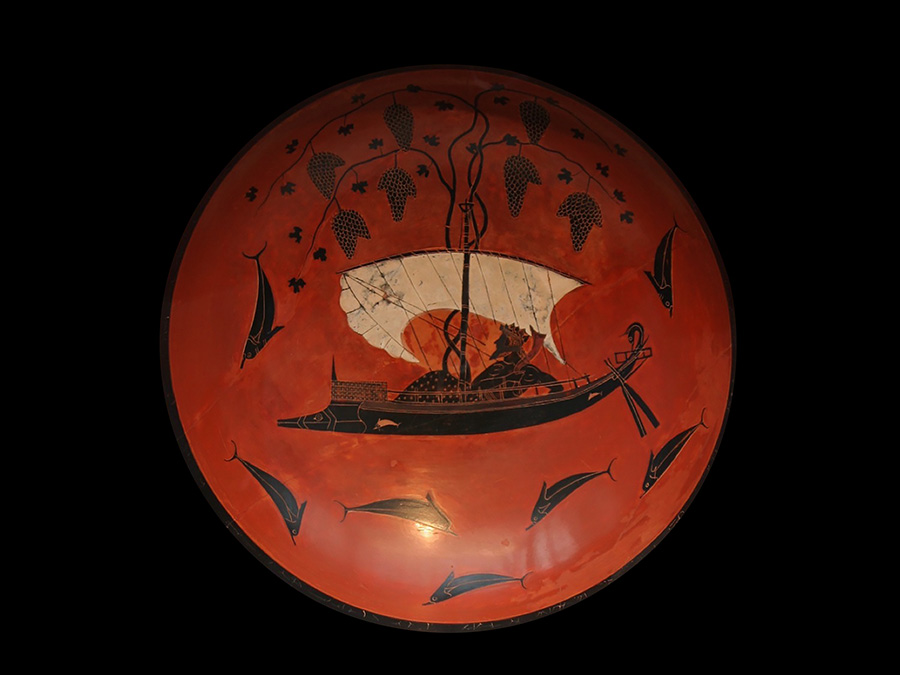The Department of Classics seeks to offer a transformative education to its majors and minors and to students who take only one or two classes with us. We have as our central commitment the study of the ancient Greek and Latin languages and of the literatures written in those languages. We are also engaged, both in teaching and research, with broader cultural issues. Our goal is to understand and appreciate the Greek and Roman worlds as wholes and to consider their influence, for better and often for worse, on the modern world. In spring 2020, for example, we offered a Classics seminar titled “Ancient Worlds, Modern Crises,” and our divisional classes (including Classics Beyond Whiteness and Women, Gender, and Sexuality in Antiquity) examine these issues as a matter of course. A recent alumni characterizes our department as “inclusive, intersectional, critical in a productive way, and valuing conceptual knowledge over nitty gritty facts.”
The Wake Forest University Department of Classics believes that the study of the ancient Greek and Roman worlds can, because of its influence for better and worse, help us better understand modern times. Classics, the study of the ancient Greek and Roman worlds — which spans three continents, more than two millennia, and dozens of languages, societies, and ethnic groups — does not hold exclusive or special claim to this, but rather focuses on two world-historical cultures that merit study in their own right and as a pathway to reevaluate and reflect on the values and practices we and our societies espouse.
Ancient Greece and Rome were Mediterranean rather than “European” societies, stretching across Africa, the Middle East, Europe, and Asia. Greece and Rome were not the “beginnings of civilization,” but rather were influenced by nonviolent cultural exchange with the civilizations of Africa, the Near East, India, Central Asia, and northern Europe, and were active participants in violent imperialist expansion and cultural appropriation in these areas, as well.
The Greeks and Romans were not white, although we acknowledge that in recent centuries white supremacists (both overt members of hate groups and covert racists who have established and perpetuated distortions in support of harmful ideology) have attempted, with substantial success, to redefine them as white, by centering perspectives that promote the cultural superiority of white Europeans and reject the importance of widespread cross-cultural exchange in the ancient, mediaeval, and modern worlds. To that end, the Department of Classics organized the CLASSICS BEYOND WHITENESS series of lectures, workshops, and other programming in 2019–2020 — the first of its kind anywhere — and we offer a course of the same title, the first in the history of the university and the discipline.
Click here to read our statements on:
Click here to read our Full Mission Statement


